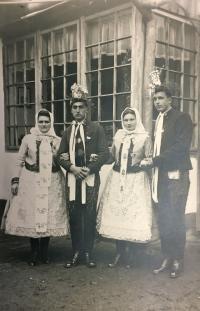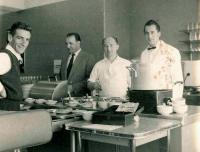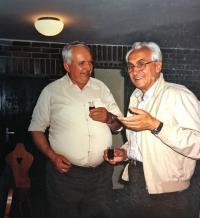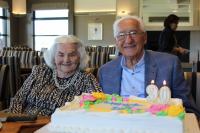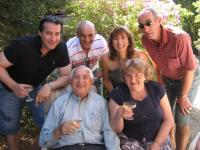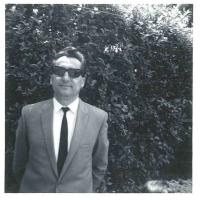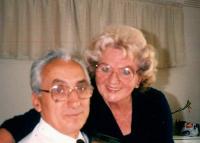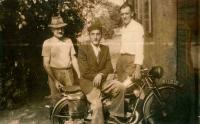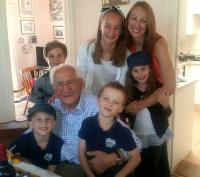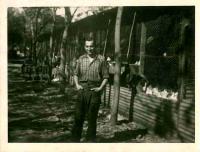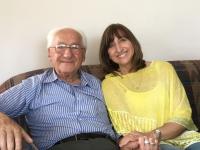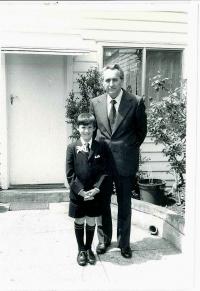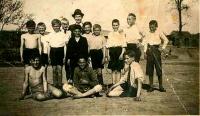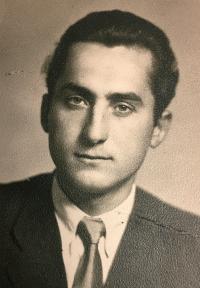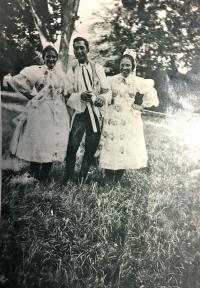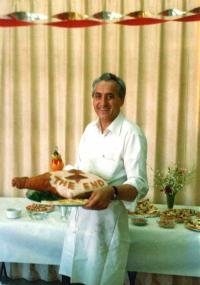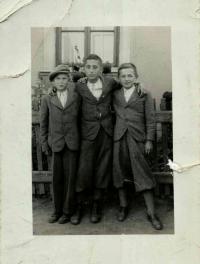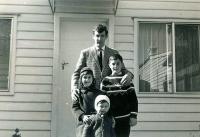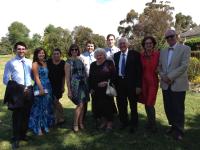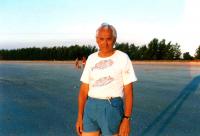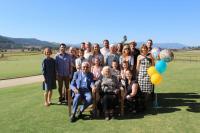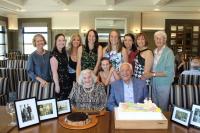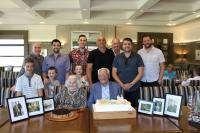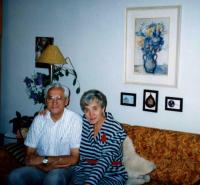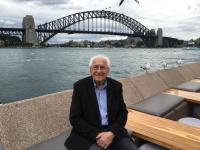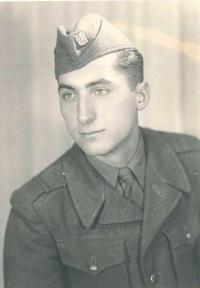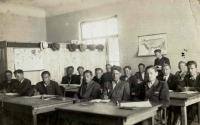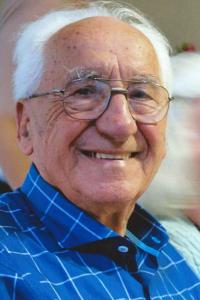In joy and pain look up to heaven
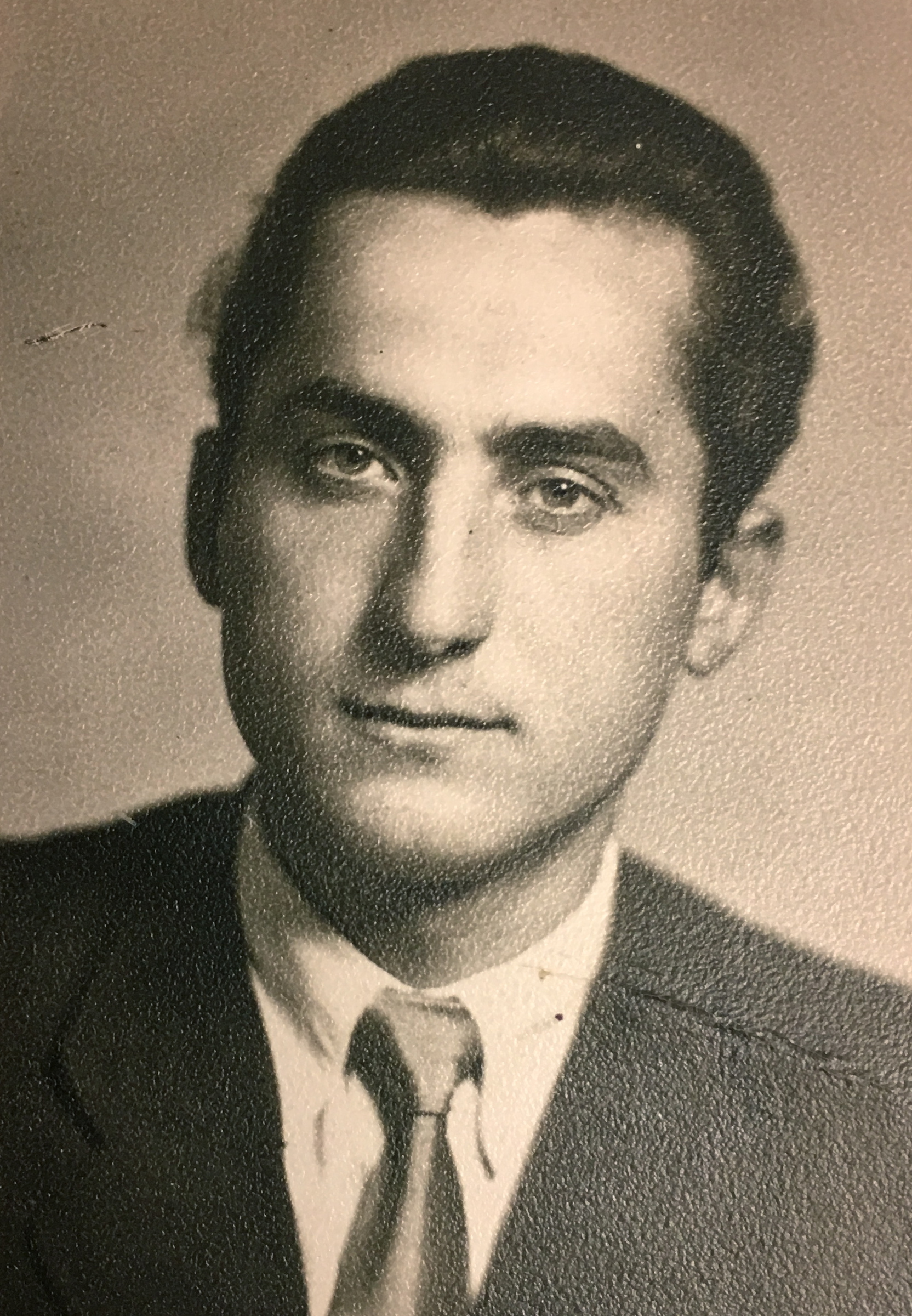
Stáhnout obrázek
Bohuslav Úlehla was born on 19th March 1927 in the south Moravian village of Hrušky. He is the youngest of seven children, the parents were farmers. Bohuslav does not remember his father, he died when he was two. His mother brought up all the children by herself. She kept the traditions, she brought her children up in the Catholic faith. After the February 1948 coup, the family was regarded as untrustworthy by the regime. His brother Miroslav emigrated to Australia in September 1948. Bohuslav started to help bringing people across the border to Austria, first priests then novices, later neighbours and acquaintances. In September 1951, he also emigrated. From the Russian zone. he crossed the Danube by boat to the American and later to the French zone. From there, he and his wife Marie emigrated to Australia. In 1986, when his mother died, the Czechoslovak authorities did not grant him the permission to come home to attend her funeral. It was only in 1990 when he could come home to see his family. In Australia, thanks to his hard work and honesty, he managed to build himself a new life. He has three children (one son sadly died) and thanks to his genetic disposition to longevity he is still vibrant and active.
